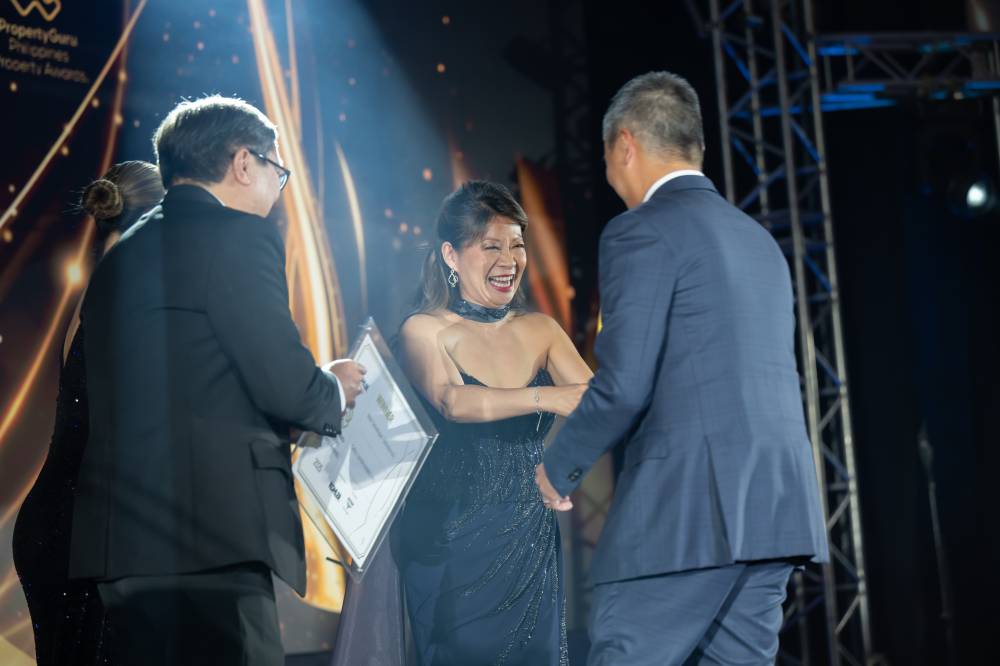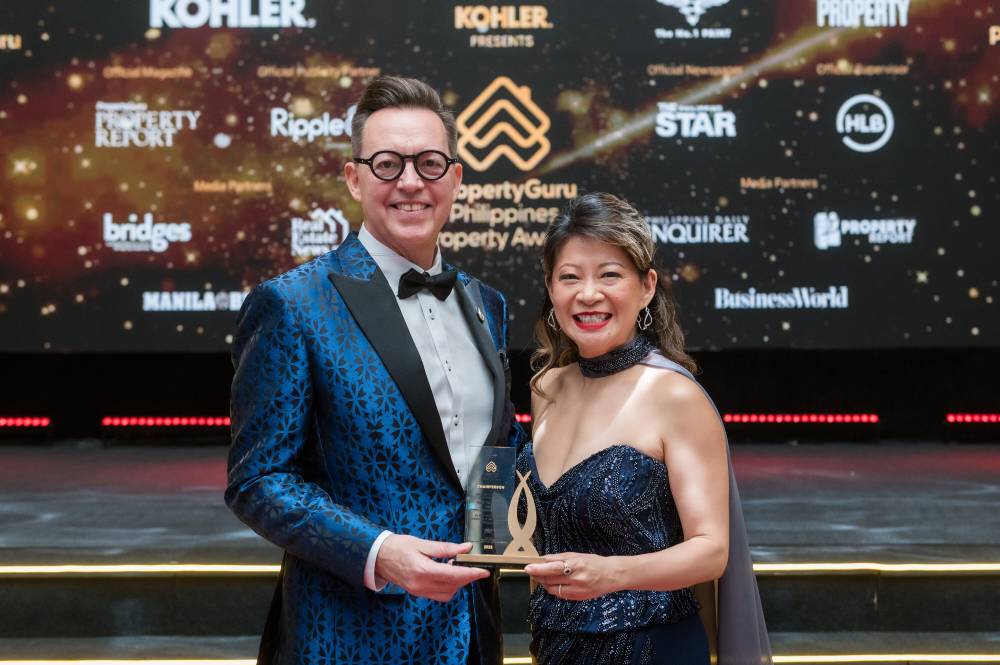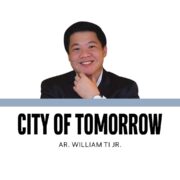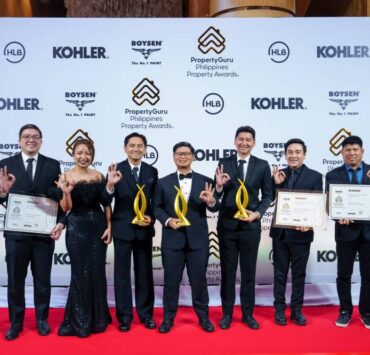PropertyGuru awards captured defining shifts in PH real estate

The latest edition of the awards showed that growth does not have to be concentrated in city centers
The 13th edition of the PropertyGuru Philippines Property Awards feted deserving companies in many metrics of excellence.
As chairperson of the judging panel of the PropertyGuru Philippines Property Awards, I have observed first-hand how developers are impacting real estate through increasingly complex strategies and technical execution.
Diversification, decentralization
The latest edition of the awards showed that growth does not have to be concentrated in city centers.
From established to regional players, developers are driving decongestion by investing in alternative growth centers across the country.
Winning developers, in particular, exhibited a willingness to venture into markets that would previously be considered unfeasible. This, in turn, has catapulted decentralization to markets with relatively affordable land price points, a welcome change of scene from heating values in Metro Manila, Cebu, and Davao.
This appetite for risk-taking has yielded new residential, commercial, industrial, and hospitality projects in secondary and tertiary cities.
What stood out this year were regional and boutique developers. They have emerged as credible competitors, finding their footing in projects that respond to local market needs.
With more to prove, they are able to pivot their business models to suit changing market conditions and consumer preferences—capitalizing on emerging opportunities and proving to be more entrepreneurial than some of their bigger counterparts.

Sophistication of products
Property seekers, including overseas Filipinos, are demanding higher quality across both design and construction. This has compelled developers to improve specifications in materials, finishes, service delivery, and project management.
Refined products are paramount as the Philippine economy aims for upper-middle-income status, hosting residents with higher dispensable incomes.
Luxury demand remains particularly strong. Metro Manila’s prime market witnessed among the world’s steepest price escalations in 2024 and 2025, driven by an undersupply of inventory on this segment. Developers have responded with branded residences and large-format housing stock designed to global standards.
Rise of provincial hubs
In the hospitality segment, I was impressed with how provincial hubs are now competing with traditional urban centers.
From Bohol to Batangas, recognized projects this year boast of strong brand partnerships, even tapping boldfaced names, as they strive to align with international benchmarks. Others have originated their own brands, coming up with aesthetics and propositions worthy of the international market’s attention.
Even in this era of generative AI, you need people in the end. A recurring theme among winning projects is the deployment of top-tier consultants, architects, interior designers, and landscape specialists. Technical collaboration has produced designs tailored to market needs rather than cookie-cutter products.
Sustainability practices are also increasingly embedded in the construction methodology itself. Developers are mitigating waste and pursuing certification not as a box-ticking marketing exercise but as a response to consumer expectations of long term utility savings and environmental responsibility.
Evolution of the awards
I’ve been with the PropertyGuru Philippines Property Awards since the inaugural gala in September 2013. From 17 awards then, the program has expanded to nearly 70 categories in 2025, showing just how much the scope and breadth of the Philippine property market have widened.
Initially focused on Metro Manila and Cebu, the awards now cover projects from emerging areas even outside Greater Manila and Metro Davao.
Competition today is not defined solely by scale but rather by how you change the game. Boutique developers, with strong grassroots knowledge, can outmaneuver larger firms by customizing projects to local dynamics.
These firms understand the market better, and they, resultantly, demonstrate sleeker innovation, particularly in contractor selection, material sourcing, and site-specific design.
ESG and technology
Environmental, social, and governance (ESG) compliance has shifted from optional to essential–in the same way that our ESG Developer Awards have now become mainstays.
The generational transition from Gen X to millennial buyers also influences this overlap between ESG and technology. Digital natives are hyperaware of the value of renewables and have come to expect smart technology as standard of their homes.
Yet Filipino youth are facing affordability pressures, which in turn drive alternative housing formats such as co-living and shared spaces–categories that continue to be recognized by our awards year after year.

Community-centred development
There is a saying that goes, “Build and people will come”, but this is not consistent with modern day realities. One cannot expect people to travel long distances daily to their homes or workspaces–so why not build where people live?
Our awards have recognized township developments and integrated communities that advocate for such change. These self-contained developments are no longer the preserve of Metro Manila, with awardees this year hailing everywhere from Batangas to Balamban.
Filipino developers overall are rethinking urban planning principles. Car-centric layouts are giving way to pedestrian-friendly townships that prioritize walkability, connectivity, and inclusivity. Award-winning masterplans illustrate how industrial anchors can integrate a holistic mix of uses.
This is particularly relevant, considering the Philippines suffers from a housing backlog of 6.5 million units–seen to reach 22 million by 2040.
Addressing this requires scalable socialized housing that meets technical standards of quality. Today’s socialized housing show they can rival other pricier entry level products in design and workmanship by exploring alternative materials and efficient construction methods.
Industry sounding board
From the judges’ perspective, the awards process has matured into more than recognition. We serve as an industry sounding board. Through the years, developers have used our feedback to improve quality of projects, refine product segmentation, and benchmark standards.
Involving auditors such as HLB upholds transparency and rigor in evaluation for which we want to be always known.
At the core, however, lies purpose. Beyond product, pricing, and promotion, the industry is compelled to envision the impact of its projects on surrounding communities.
This year’s awardees showed that Philippine developers are more invested in changing the fabric of the sector. The future lies in placing intention at the heart of development and design: You must build for people and their community.
The author is the CEO of TAJARA Hospitality Group, and chairperson of PropertyGuru’s Philippine Property Awards judging panel


















